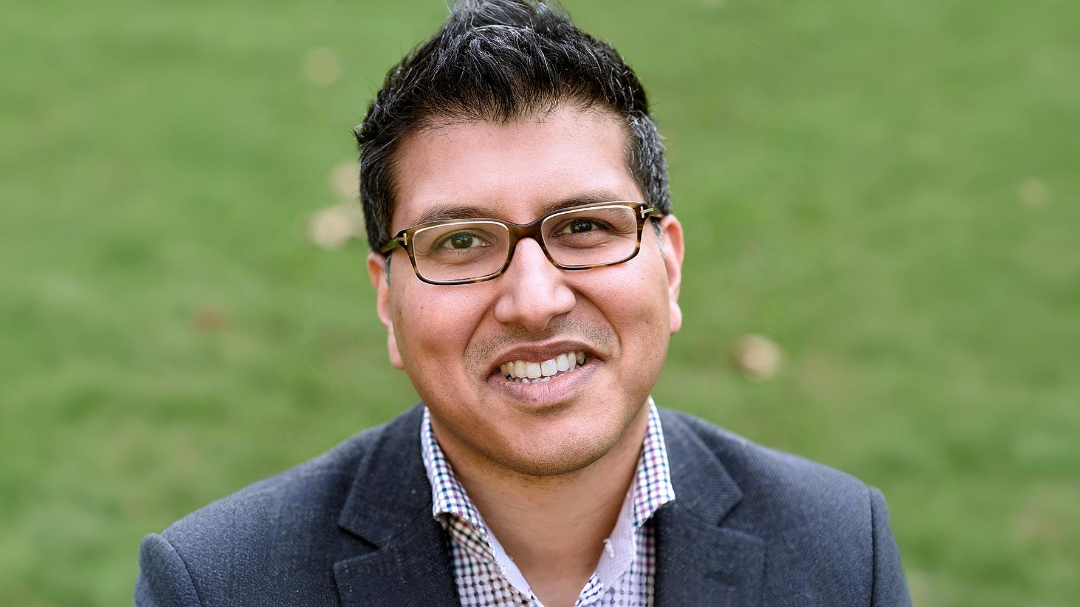Ajay Aggarwal, Clinical Director of the National Cancer Audit Collaborating Centre (NATCAN) and Consultant Clinical Oncologist at Guy’s and St Thomas’ NHS Foundation Trust, shared a post by London School of Hygiene and Tropical Medicine, U. of London, adding:
“Will AI help to improve access to high quality radiotherapy globally? In the video we discuss the Archery study, the largest international study evaluating AI for radiotherapy across three cancers.
Footage includes Tata memorial Hospital in Mumbai and professors Sarbani Laskar and Vedang Murthy who are leading the head and neck and prostate arms of the study. We are also evaluating the AI for cervix cancers as well. The software has been developed by the MD Anderson Cancer Center. Results of Archery will report in 2026.”
Quoting London School of Hygiene and Tropical Medicine, U. of London‘s post:
“Could AI transform radiotherapy delivery for cancer patients? A new LSHTM film focusing on work with partners in India investigates.
The film ‘AI in Radiotherapy‘ follows a groundbreaking project testing whether AI can design high-quality radiotherapy plans in minutes instead of days or weeks: potentially improving treatment quality, reducing patient waiting times, and making radiotherapy more affordable.
Led by LSHTM and the MRC Clinical Trials Unit, The ARCHERY trial is focused on treatment planning for three cancers – head and neck, cervical, and prostate – in a study of more than 1,000 patients at hospitals in India, South Africa, Jordan and Malaysia.
By reducing the time and cost of treatment planning it’s hoped AI could help more patients access life-saving care, particularly in regions where a rise in cancer cases is outstripping the supply of trained experts.Researchers are working with medical staff in hospitals such as the TATA MEMORIAL HOSPITAL in Mumbai and Tata Memorial Centre in Kolkata to evaluate the performance of software that automates many of the “human” processes involved in planning radiotherapy treatments.
Ajay Aggarwal, Professor of Cancer Services and Systems Research at LSHTM and Chief Investigator of the trial, said:
“Cancer is a GlobalHealth problem that is increasing. However, what I see more and more is that it’s a service and systems issue. It’s can we make sure [treatment is] delivered with the relevant quality, that it gets to the people that need it, that it’s affordable and can be implemented at scale. Those tend to be the major issues that result in the gaps in survival from what I see both in the UK and internationally.”
In the film Professor Aggarwal, Dr Sarbani Ghosh Laskar, and Dr Vedang Murthy discuss how AI software is being used in the trial to takes a patient’s CT scan and create radiotherapy treatment plans automatically in minutes, rather than by a manual process which takes days or weeks.
Discussing the potential of the technology to improve radiotherapy delivery, particularly in low and middle-income countries, Professor Aggarwal said:
“AI promises a potential solution which is really exciting. However, it is crucial to carefully evaluate new technology to make sure it will give patients the best quality care, saves time and critical human resources and that it will work in all countries. Global collaborations such as the ARCHERY trial are key to unlocking the evidence we need to herald new, improved approaches to cancer care.”
Watch the full video for more about ARCHERY.
Curious about the intersection of technology, data, and global health?
The MSc in Public Health is your starting point for building healthier systems worldwide. Learn more.”
More posts featuring Ajay Aggarwal.


